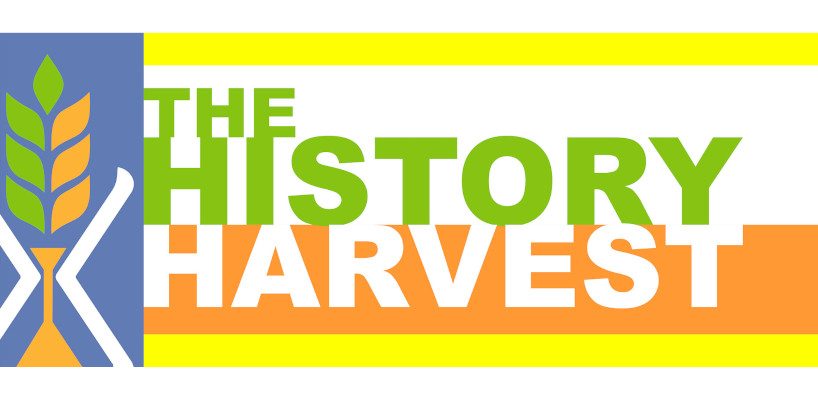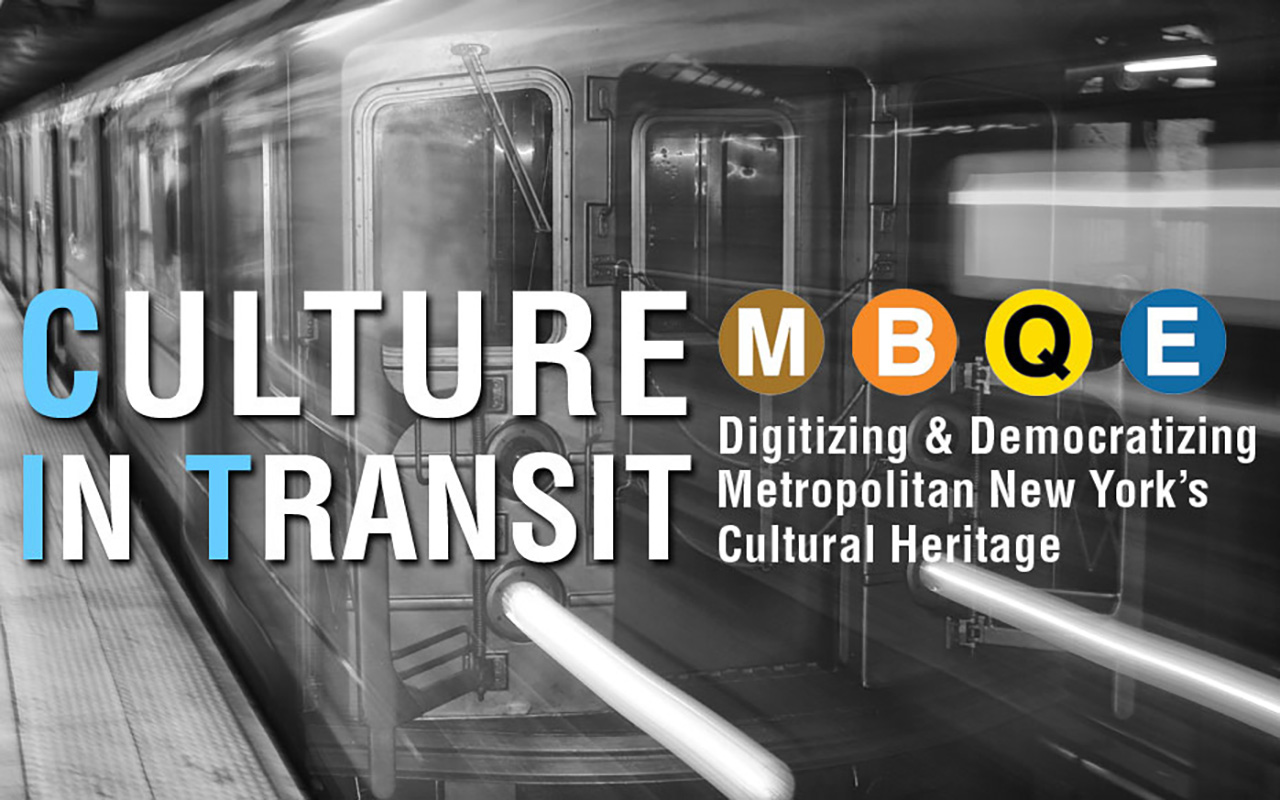Obtaining permission from Contributors to include their Items and descriptions in the collection is absolutely vital and allows the Collection to be put online. At the Welcome Station, the first of three stations at your event, Contributors will grant permission to share their Items as part of the registration process.
Roles & Responsibilities
For an overview of all RoPA Roles and Responsibilities, please review the Building a Team module.
The Event Coordinator will make sure that the Welcome Station is equipped with the necessary supplies and paperwork. The Event Coordinator, the Collection Coordinator, and the Welcome Station Captain will work together to revise the Event Registration and Permission Form to make sure it captures all the necessary information that the Collection Working Group will need to put the collection online.
The Collection Coordinator will designate a Welcome Station Captain. The Collection Coordinator will also work with the Event Coordinator and the Welcome Station Captain to revise the Event Registration and Permission Form to make sure it captures all the necessary information that the Collection Working Group will need to put the collection online.
Designated by the Collection Coordinator, the Welcome Station Captain will oversee all preparation, volunteer training, and day-of-event activities related to the Welcome Station. They will also work with the Collection Coordinator and Event Coordinator to revise the Event Registration and Permission Form to make sure it captures all the necessary information that the Collection Working Group will need to put the collection online.
The RoPA Developers recommend that the Welcome Station Captain be a library, museum, or cultural organization staff member who is familiar with copyright and permissions. In addition, the Welcome Station Captain should have an outgoing personality, feel comfortable training volunteers, and have strong ties to the community.
Regardless of your event size, you will need four to six volunteers at the Welcome Station: two to three to cover the Welcome Station table as Greeters and two to three to serve as Ushers. Greeters will welcome Contributors, explain the event, encourage participation, and manage nametags and Event Registration and Permission Forms. Ushers will guide Contributors from station to station and assist them in moving around the room, provide back-up, and show interest in Contributors’ Items and stories. All Welcome Station volunteers should be outgoing, friendly, able to answer questions about the event, and detail-oriented. At least one of these volunteers should be someone who is well-connected to the community and at least one should be someone who knows their way around the venue.
Designated by the Collection Coordinator, the Digital Preservation Specialist will be responsible for gathering and storing all Event Registration and Permission Forms at the end of event.
Steps to Success
Download a Quick Checklist of the Obtaining Permissions steps here.
Best Practice Examples
Do you know of a project or program that could be featured here? Please contact us.
Resources
The nonprofit Creative Commons provides licenses and public domain tools to give free, simple, standardized ways to grant copyright permissions, to ensure proper attribution, and allow others to copy, distribute, and make use of works. By choosing a CC license, the public will know how they can or cannot use Items in your collection without needing to seek the creator’s permission.
For a high level overview of copyright and fair use guidelines, check out the Copyright Quick Guide from Columbia University Libraries.
Copyright for Librarians is a free, extensive course offering about copyright designed specifically for librarians by the Berkman Klein Center for Internet and Society at Harvard University. You can complete the whole course or review modules on specific topics of interest.
This Copyright Term and the Public Domain in the United States resource page was produced by Cornell University Library.
RightsStatements.org provides a series of rights statements, specifically developed for cultural heritage institutions and online cultural heritage aggregation platforms, for communicating the copyright and re-use status of digital objects to the public. These statements can help users understand what they can or cannot do with Items they discover in your collection.
Smithsonian Magazine ran this story in 2019 about copyrighted works entering the public domain, including Robert Frost’s poem “Stopping by Woods on a Snowy Evening.”
Glossary
For RoPA, the organization that is ultimately responsible for hosting and preserving the online digital collection.
A property right that protects the interests of authors or other creators of works in tangible media (or the individual or organization to whom copyright has been assigned) by giving them the ability to control the reproduction, publication, adaptation, exhibition, or performance of their works. (Adapted from Dictionary of Archives Terminology, Society of American Archivists.)
An element in copyright law that allows for limited use of copyrighted materials without permission of the rights holder for noncommercial teaching, research, scholarship, or news reporting purposes. (Adapted from Dictionary of Archives Terminology, Society of American Archivists.)
Metadata is commonly defined as “data about data.” Metadata is frequently used to locate or manage information resources by abstracting or classifying those resources or by capturing information not inherent in the resource. Typically metadata is organized into distinct categories and relies on conventions to establish the values for each category. For example, administrative metadata may include the date and source of acquisition, disposal date, and disposal method. Descriptive metadata may include information about the content and form of the materials. Preservation metadata may record activities to protect or extend the life of the resource, such as reformatting. Structural metadata may indicate the interrelationships between discrete information resources, such as page numbers. (Adapted from Dictionary of Archives Terminology, Society of American Archivists.)
A type of rights permission that allows people to use and adapt a work, but not for commercial purposes. (Adapted from University of Texas Libraries.)
A type of rights permission that allows the rights holder to grant the same permission to more than one party. For example, when a Contributor at a participatory archiving event grants the collecting organization non-exclusive permission to include their Items in the collection, that same Contributory (the rights holder) can also later grant that same permission to another party or organization. (Adapted from University of Michigan Library.)
A work that is under copyright, but the owner (or the rights holder) cannot be identified or located. (Adapted from Dictionary of Archives Terminology, Society of American Archivists.)
Control over the use of materials based on a variety of rights. (From Dictionary of Archives Terminology, Society of American Archivists.)
Works that are unprotected by copyright or other intellectual property rights, including works that were never protected by copyright, works that were released to the public domain by their creators, and works for which copyright has expired. (Adapted from Dictionary of Archives Terminology, Society of American Archivists.)

